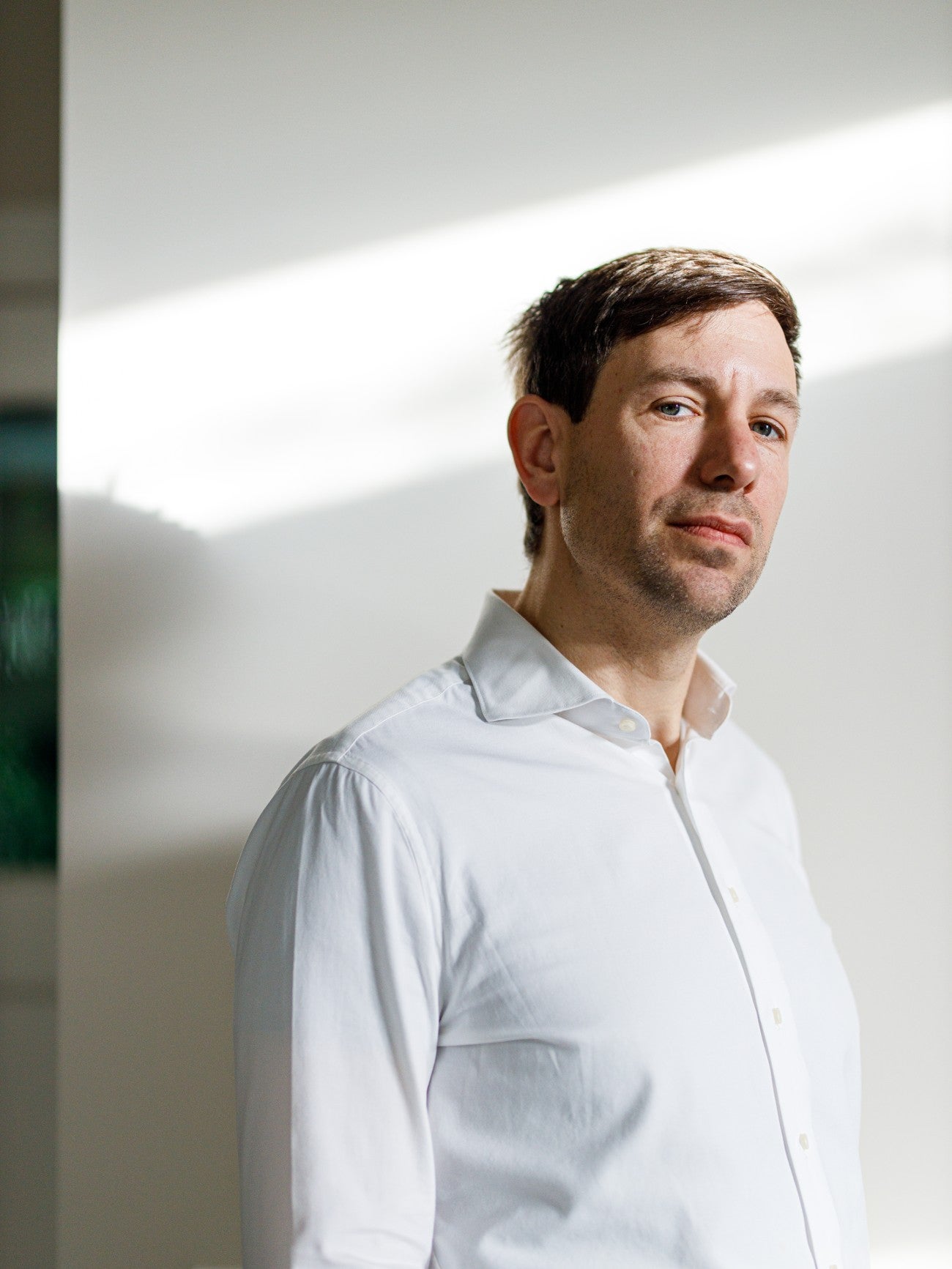According to psychiatrist Christiaan Vinkers, accurately diagnosing burnout is impossible. The professor of stress and resilience at Amsterdam UMC advocates for a new collective understanding, more knowledge, but above all, for better early intervention.
Your research may not be pleasant news for people with burnout.
Let me first say that I don't want to trivialize the suffering of these individuals. The symptoms they experience are real and sometimes very serious. However, the diagnosis attached to their experiences is not reliable. If you don't know what burnout is and no professional can reliably diagnose it, then I wonder how you can effectively help these people.
The problem with the term burnout is the lack of a clear definition. Everyone uses the term differently. We act as if we know what symptoms are involved, but in reality, we have no idea. It ranges from mild stress symptoms to severe and prolonged absences that can last for years. Burnout is not even listed in the DSM-5 (psychiatric reference book), but that's not the real issue. The core problem is the shaky scientific basis of burnout. Because it's not a reliable diagnosis, it leads to a stalemate and a lack of effective treatment. So if you ask: how many people in the Netherlands have burnout? We don't know. What exactly is burnout? Is it different from depression? There's a significant overlap between burnout, where people are absent for longer periods, and depression, but we don't know for sure. There's a big gap between how much we talk about burnout and how little we actually know about it.
What's your explanation for the loose use of the term burnout, as you describe it?
Burnout is a term that serves a societal function. There's less stigma attached to it than, for example, depression or anxiety disorders. We also see that complaints among highly educated people are more likely to be labeled as burnout compared to the same complaints among less educated individuals. Interestingly, in the 1970s, when the term burnout originated, it was actually seen as an altruistic phenomenon. In other words, you got burnt out because you couldn't help other people. Doctors, lawyers, or social workers could suffer from burnout, but a bus driver or IT professional couldn't. In the US, burnout has never been considered an illness but rather a societal phenomenon. With its introduction in the Netherlands, burnout became a condition that anyone in the country, regardless of age or occupation, could experience.
One thing that stands out is the plethora of individuals claiming to have solutions for burnout.
That's true, and it's a problem. Because burnout isn't a reliable diagnosis, no one really owns it. So it's a bit of responsibility for the psychiatrist, a bit for the occupational physician, a bit for the general practitioner, a bit for the coach. And then you also have a proliferation of coaches and self-proclaimed burnout experts. I recently heard a radio advertisement: 'Guaranteed to be 100% free of your burnout within 60 days.' I really wonder what exactly they're curing. It's strange that we allow this to exist for sometimes very serious and prolonged complaints. We wouldn't do this for depression or an anxiety disorder, would we?

What can we say about burnout then?
What we can say is that it's a phenomenon involving stress. It's not a problem unique to the 21st century. In the Netherlands, the term "overspannenheid" (being overstrained) existed before the term burnout. Before that, there was the "manager's disease." And before that - around 1920 - they spoke of neurasthenia, where people had an overloaded nervous system due to the complex society and increasing pressure. This isn't to trivialize the phenomenon but to put it into context. As long as humans have existed, they've experienced stress and therefore also excessive stress and its consequences.
But doesn't the digital society we live in now make the world inherently more complex?
Funny enough, people thought the same thing in the 1930s. Advertisements for medicines from that time, for example, talk about the increase in nervousness. These texts address the rapid developments in society that were becoming too much to handle, such as factories, cars, telephones, and public transportation. I certainly think factors like globalization, climate change, and social media play a role, but stress comes from all directions.
I've noticed that people often look for a simple explanation for a complex problem. Take social media, for example. It's not as negative as we think; often, it's even very positive. What you do see is that unhappy people become even more unhappy when they use social media. But social media itself doesn't make everyone unhappy.
So where does the focus lie now in precisely defining these complaints?
Well, it's crucial to investigate it better. There are almost no proven effective treatments for burnout because its scientific basis is so shaky. Imagine you want to conduct a scientific study with 100 people with burnout, but you can't reliably determine who has it, or if there's no depression involved, or just "normal" stress symptoms. The conclusion might be that burnout is indeed a new form of overload, but it could also be a form of depression. We need more clarity, and that seems only beneficial for those suffering from it.
Aside from the discussion about the burnout diagnosis, we also need to talk about stress. What stressful path leads to the disruption we now call burnout? Burnout isn't a work-related condition. Stress also arises from private situations, such as financial problems, caregiving, or illness. Stress is a normal process, but everyone has their unique threshold where it becomes too much. If there's prolonged high stress, someone can be absent for a long time. So we need to intervene as soon as stress threatens to escalate. This isn't done well at the moment. Often, you see that what an organization does or what an individual does doesn't align well. Plus, by then, it's already too late, so you should intervene much earlier.
Imagine I'm experiencing a lot of stress. I'm struggling with finding meaning, my relationship has ended, and I need to sell my house. It would be nice if my employer asked me what I need. If I say I need some time, I hope they say: sure, take a few weeks off. We recently received a large NWO subsidy to research this with a multidisciplinary DESTRESS consortium, to ensure that the conversation between employer and employee based on stress signals comes about effectively.
You're researching whether psychiatric symptoms can be predicted by stress and who won't. What can you say about that?
Everyone has their own 'stress orchestra': a unique way of responding to stress, which also changes throughout life. How we respond to stress is related to biology, psychology, and the environment. Part of your stress resilience, for example, can be traced back to your DNA. But people who were neglected in their youth also become imbalanced more quickly. Character also plays a role: are you a worrier, or are you optimistic? All of this determines how you respond when faced with a lot of stress.
What do you hope to achieve?
I really think we can gain more control over stress and burnout. To achieve that, we shouldn't just list what burnout isn't, but rather think with different disciplines from science and society about how we can move forward. Especially to gain more control over it and to better help people with severe complaints, we shouldn't accept the status quo.








